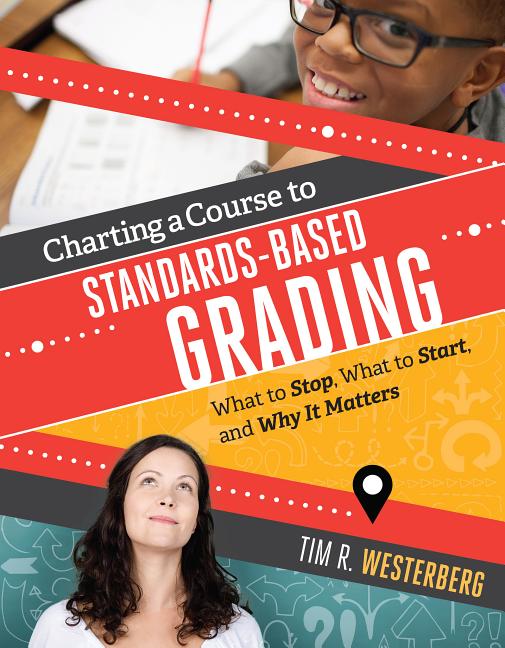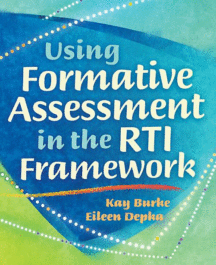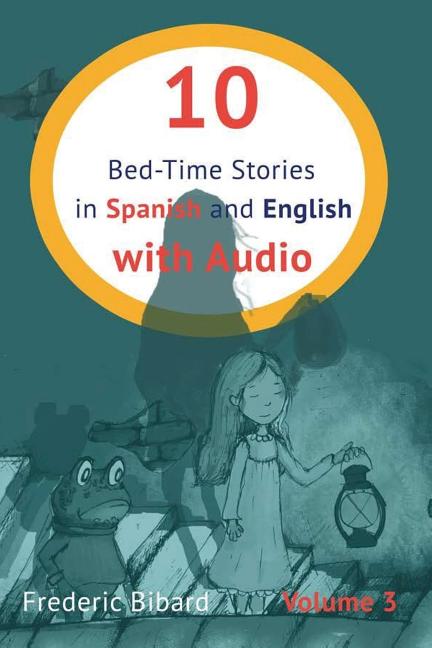Description
What’s the best way to ensure that grading policies are fair, accurate, and consistent across classrooms? How can schools transition to a grading system that better reflects what students are actually learning? Tim R. Westerberg makes this journey easier by offering a continuum of options, with four “destinations” on the road to improved grading and assessment.
Destination 1 critically examines such popular grading mechanisms as the zero, extra credit, the “semester killer” project, averaging, mixing academic performance with work ethic, and refusing to accept late work, and explains how they undermine objectivity and instead result in widely divergent grades for comparable work–with major consequences for students.
Destination 2 invites educators to put assessment and grading into the larger context of a districtwide guaranteed and viable curriculum and lays out the organizational conditions and necessary steps to accomplish this goal.
Destination 3 brings parents and others on board with a multiyear implementation plan and community engagement strategies for introducing report cards that indicate student achievement by standards rather than–or in addition to–letter grades.
Destination 4, competency-based education, involves a total rethinking of the nature and structure of school, leading to individualized education for all students.
However far they choose to go, administrators and teacher leaders can turn to Charting a Course to Standards-Based Grading for the quick wins and long-term support and guidance they need to make the trip well worth the effort.
Tim R. Westerberg served as a school principal for 26 years, the last 20 of which were at Littleton High School in Colorado. Prior to entering school administration, he taught social studies and coached in Illinois and Iowa. Dr. Westerberg served on the NASSP/Carnegie Foundation Commission on the Restructuring of the American High School, which produced the seminal report “Breaking Ranks: Changing an American Institution.” Other professional activities include serving as a member of ASCD’s The Art and Science of Teaching professional development faculty and as executive director of the Alliance for Quality Teaching. He is the author of two books in addition to this one: “Creating the High Schools of Our Choice” (Eye on Education, 2007) and “Becoming a Great High School: 6 Strategies and 1 Attitude That Make a Difference” (ASCD, 2009). He lives in Dillon, Colorado, and works nationally and internationally as a school improvement coach.
ASCD
Education
Standards (incl. Common Core), Education
Edition: Administration, Education
Keywords: Standards (incl. Common Core), Education





